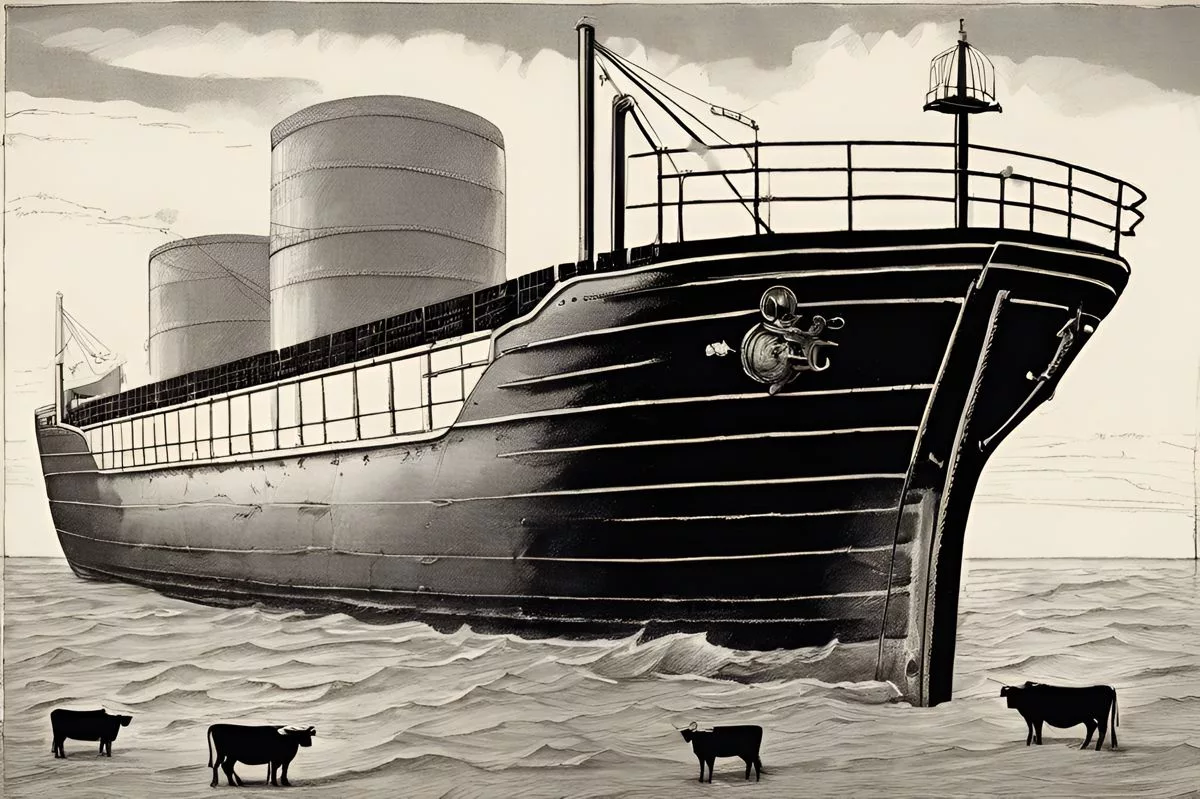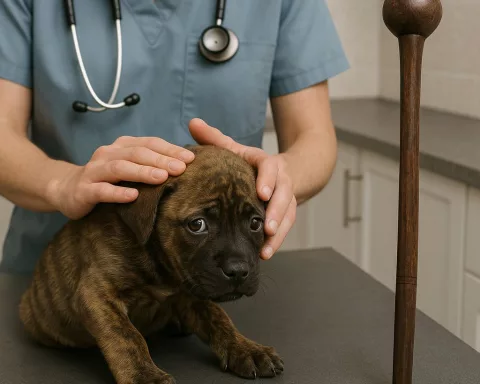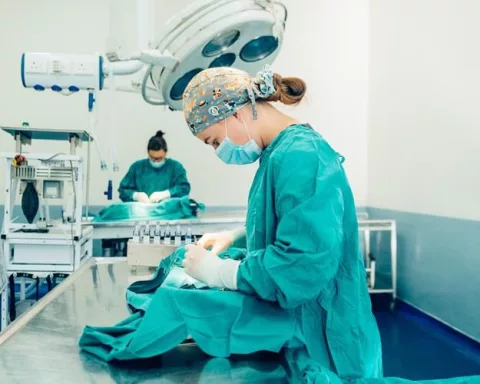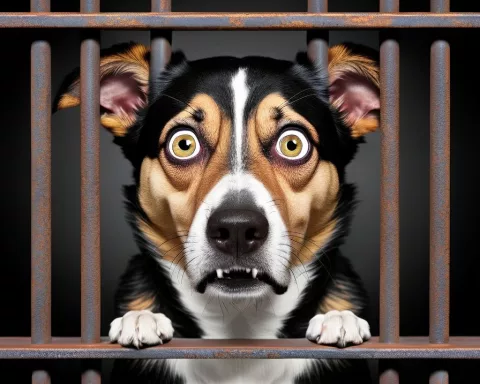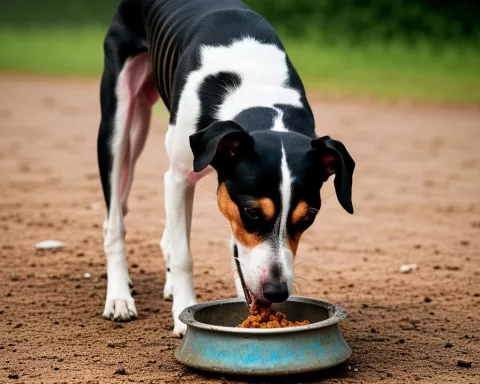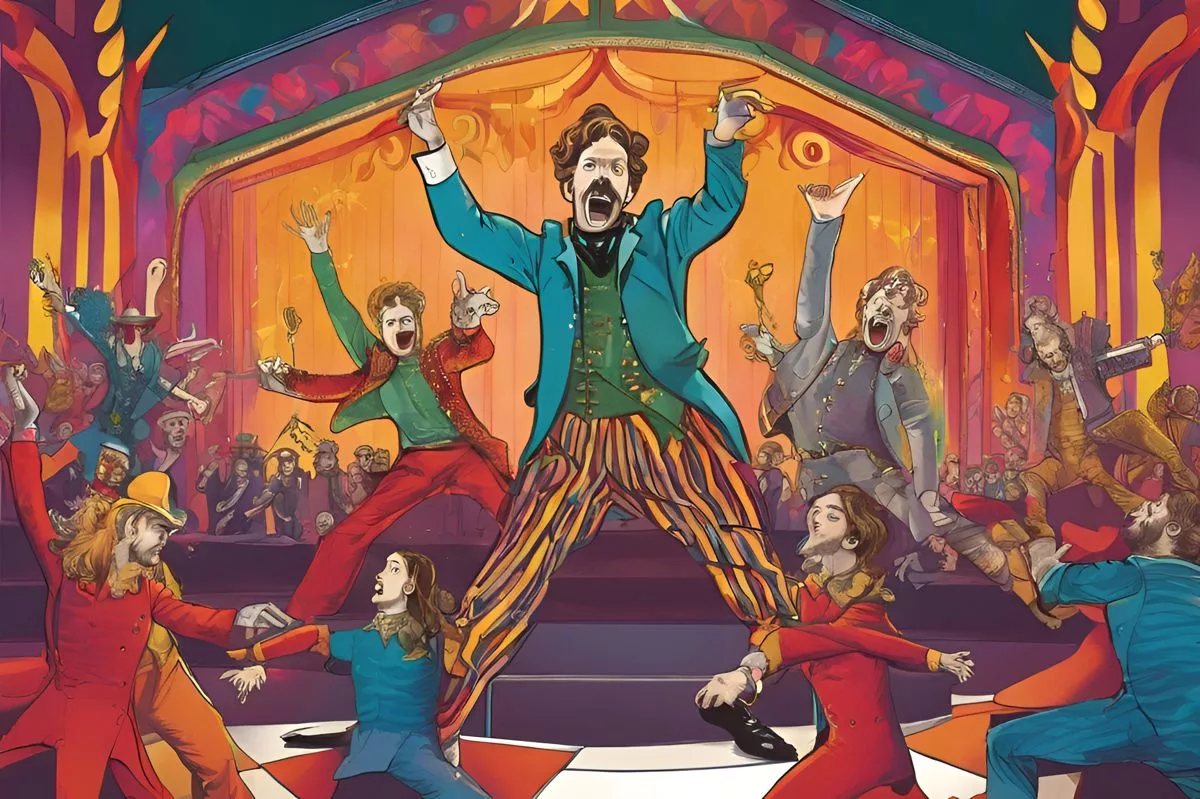The paradox between human convenience and animal welfare has been brought to light after a ship carrying 20,000 live cattle from Brazil to Iraq was found to be transporting the animals in appalling conditions, with sick and injured animals among them. The National Society for the Prevention of Cruelty to Animals conducted a comprehensive inspection of the ship and uncovered horrifying conditions. Greenpeace Africa has emerged as a strong advocate for animal welfare and is dedicated to confronting the systems that propagate harm. This incident acts as a potent reminder of the pressing need for change in animal welfare practices.
What is the unsettling paradox between human convenience and animal welfare?
In the modern world, there exists a paradox between human comfort and animal welfare. This was brought to attention in Cape Town, South Africa, when a ship carrying 20,000 live cattle from Brazil to Iraq was found to be transporting the animals in atrocious conditions, with sick and injured animals among them. This incident highlights the need for change in animal welfare practices.
The Paradox Unveiled
In the contemporary world, an unsettling contradiction has emerged, bringing the conflict between human comfort and animal welfare into sharp focus. This paradox has been dramatically highlighted in Cape Town, South Africa, following a disturbing incident that exposed the atrocious conditions in which live farm animals are transported on a global scale.
Greenpeace Africa, a leading environmental advocacy group, has expressed their profound shock and disenchantment after the departure of a ship from Cape Town. This was not an ordinary cargo ship, but a vessel laden with roughly 20,000 live cattle. The ship, bound for Iraq, had embarked on its journey from Brazil, carrying this burdensome and shocking cargo.
The Disturbing Reality
The distressing conditions on board this ship did not escape attention. The National Society for the Prevention of Cruelty to Animals (NSPCA), with the support of its affiliate, the Cape of Good Hope SPCA, conducted a comprehensive inspection of the ship. What they uncovered was nothing less than horrifying.
These animals were exposed to the harshest conditions, with their living spaces overwhelmed with an excessive accumulation of faeces and urine. The cattle were forced to lie in their own waste, a scene so troubling it tested the limits of human compassion.
The inspection unearthed even more unsettling discoveries. Among the massive number of cattle, unhealthy, diseased and wounded animals were identified. Eight cows were in such a critical state they were mercifully put down on the spot, and others were found dead. Dr Bryce Marock, NSPCA’s Veterinary Consultant, worked relentlessly to ensure the remaining animals received appropriate veterinary care.
The Public Outcry
The appalling conditions within the ship didn’t remain hidden within its steel walls. The stench wafting from the vessel invaded the city, exacerbating the concerns of residents and heightening the worries about the welfare of the livestock. This was more than just an assault on the senses; it was a harsh reminder of the distressing reality faced by these animals, transported under such filthy conditions.
Echoing the views of the broader public, Cynthia Moyo, a climate and energy campaigner at Greenpeace Africa, voiced her disappointment. Moyo deplored the unfortunate decision to permit the ship to set sail for its ultimate destination, Iraq, instead of detaining it to rescue the cattle.
Greenpeace Africa has emerged as a robust advocate for animal welfare. “The atrocious conditions on this ship expose an unsettling reality about the ongoing cruel treatment of animals in our modern society,” commented Moyo. The organization is dedicated to confronting the systems that propagate harm and to ensuring that animal welfare issues gain the respect they deserve.
The Aftermath
As the ship left the port, it left behind a city grappling with the horrifying reality of live farm animal transport. One harsh fact remained undeniably clear: the torment of these animals, transported in such terrible conditions, would persist. It is deeply troubling that the transporters show scant regard for the health of the animals and the effects on the concerned communities.
This incident acts as a potent reminder of the pressing need for change. It is a disturbing reflection of the current times that animals can be treated so inhumanely in the 21st century. It is the hope that organizations like Greenpeace Africa, bolstered by the support of over 74,000 South Africans, can bring an end to this revolting practice.
What happened on the ship transporting live cattle from Brazil to Iraq?
The ship was transporting 20,000 live cattle from Brazil to Iraq in appalling conditions, with sick and injured animals among them. The National Society for the Prevention of Cruelty to Animals conducted a comprehensive inspection of the ship and uncovered horrifying conditions, including animals forced to lie in their own waste.
What is the National Society for the Prevention of Cruelty to Animals?
The National Society for the Prevention of Cruelty to Animals (NSPCA) is a South African animal welfare organization. Their affiliate, the Cape of Good Hope SPCA, conducted the inspection of the ship transporting live cattle.
Who is Greenpeace Africa?
Greenpeace Africa is a leading environmental advocacy group dedicated to confronting the systems that propagate harm. They have emerged as a strong advocate for animal welfare and voiced their disappointment and disenchantment over the incident with the ship transporting live cattle.
What did the inspection of the ship uncover?
The inspection of the ship uncovered horrifying conditions, including an excessive accumulation of faeces and urine, unhealthy, diseased and wounded animals, and animals forced to lie in their own waste. Eight cows were in such a critical state they were mercifully put down on the spot, and others were found dead.
What was the public reaction to the incident with the ship transporting live cattle?
The public reaction was one of outrage and distress over the horrifying conditions in which the live cattle were transported. The stench from the ship invaded the city, heightening the worries about the welfare of the livestock. Greenpeace Africa voiced their profound shock and disenchantment, and over 74,000 South Africans have supported their efforts to bring an end to this revolting practice.
What is the pressing need for change in animal welfare practices?
The incident with the ship transporting live cattle highlights the pressing need for change in animal welfare practices. It is deeply troubling that animals can be treated so inhumanely in the 21st century. Organizations like Greenpeace Africa are dedicated to confronting the systems that propagate harm and ensuring that animal welfare issues gain the respect they deserve.

